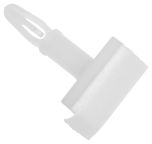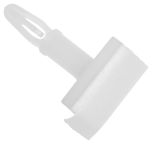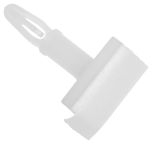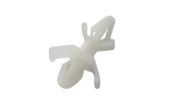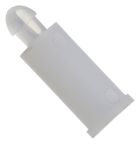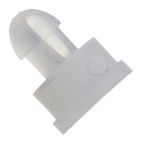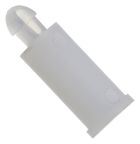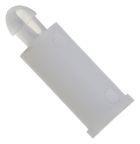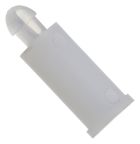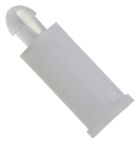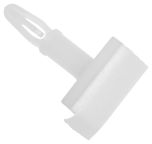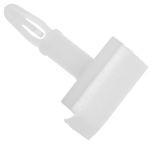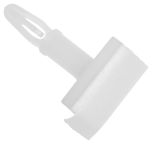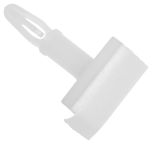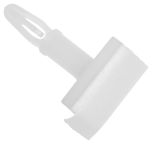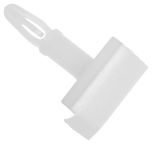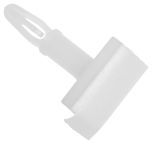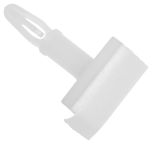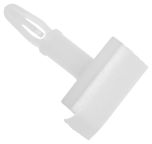PCB Supports
PCB supports are typically required to safely work with printed circuit boards (PCBs) to prevent a short circuit and shock. PCBs are used in almost all electronic objects, from smartphones to common kitchen appliances. Their thin plates communicate signals between various circuit components so that electronic devices function correctly. PCB supports assist the mounting of a PCB within a variety of different electronic assemblies, helping the PCB to become both insulated and secure.
What types of PCB supports are there?
PCB supports are typically made from nylon, but can have brass inserts or be made from brass or steel. Nylon is typically the primary material because nylon doesn't conduct electricity from the circuit or corrode over time as the material is less responsive to chemicals and solvents. PCB supports can vary in terms of hole diameter, thickness, and chassis thickness, depending on the size of the PCB in use, so they can be used to work with different types of electronic objects.
Types of PCB supports include:
- Adhesive-Backed Supports
- Key Slot Supports
- Snap Rivet Supports
- Support Pillars
- Support Posts
How to use PCB supports
PCB supports can be inserted manually without any need for specialist equipment or other materials such as screws. PCB supports can also be easily released as and when required.
